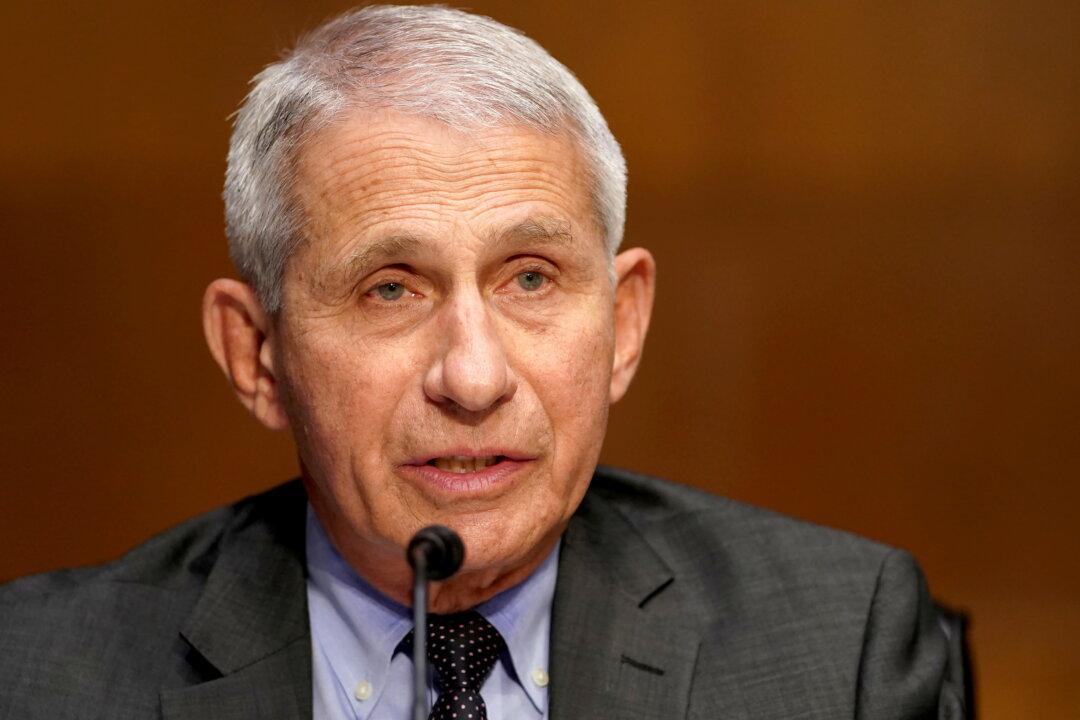The United States will begin widely distributing COVID-19 booster shots next month and will recommend them for most Americans who have received one of the vaccines, according to several top federal health officials.
A joint statement from Centers for Disease Control and Prevention (CDC) Director Rochelle Walensky, National Institutes of Health Director Francis Collins, National Institute of Allergy and Infectious Diseases Director Anthony Fauci, Surgeon General Vivek Murthy, and Acting Food and Drug Administration Commissioner Janet Woodcock stated that people will need booster shots, starting eight months after they received their second dose of the Moderna or Pfizer vaccine.





